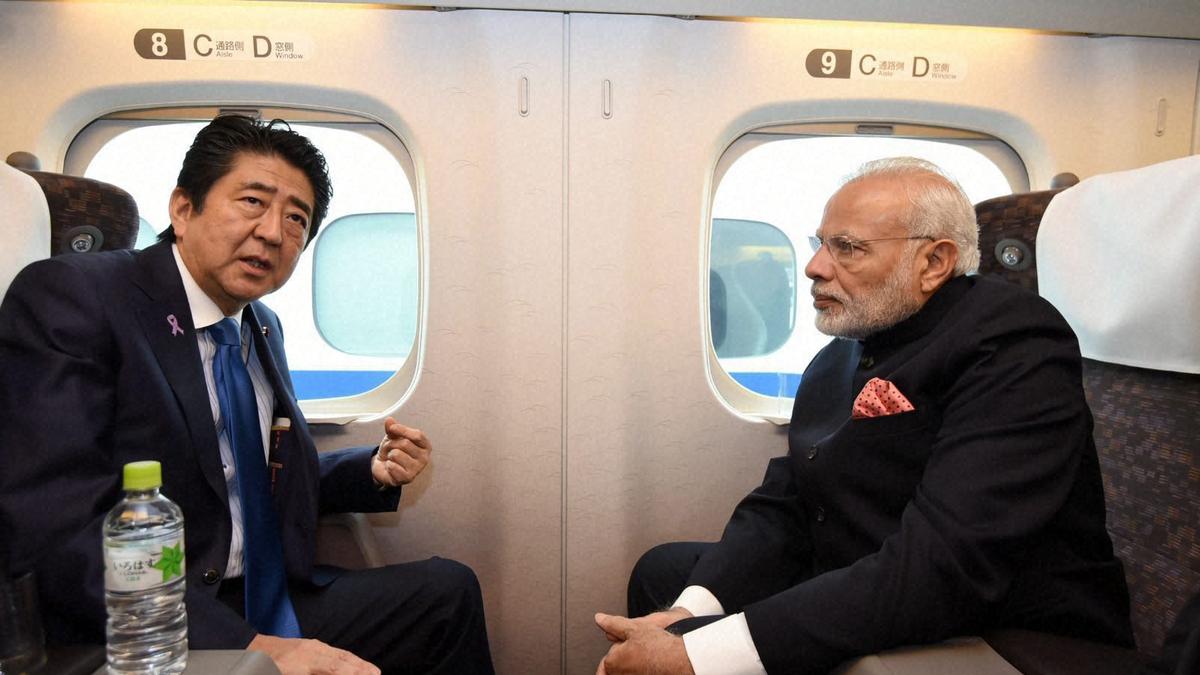The Union Textile Ministry said in New Delhi on Tuesday (August 19, 2025) that the decision to exempt all customs duties on the import of raw cotton until September 30 was meant to stabilise domestic cotton prices and support the textile industry.
Meanwhile, the Samyukt Kisan Morcha (SKM), an umbrella organisation of several farmers’ outfits, alleged that the move signalled a death warrant to cotton farmers.
The SKM said it strongly protested the notification to eliminate the import tariff on cotton as it would have a direct impact on the domestic price of cotton. “Cotton price will definitely fall and farmers will face further distress and indebtedness,” the SKM said, accusing Prime Minister Narendra Modi of duplicity and betrayal, and asking him to explain his earlier statement that farmers were his government’s highest priority.
In the past 11 years, the SKM said cotton farmers were never given a minimum support price for cotton, as recommended by the M.S. Swaminathan Commission. “The entire cotton area is the highest peasant suicide prone region of India. The elimination of import duty on cotton will further eliminate the livelihood of lakhs of cotton farmer households,” the SKM said.
Meanwhile, the Ministry of Textiles said in a statement that the exemption includes the removal of both the 5% Basic Customs Duty, the 5% Agriculture Infrastructure and Development Cess, and a 10% Social Welfare Surcharge on both, cumulatively resulting in an 11% import duty on cotton. “The decision, notified by the Central Board of Indirect Taxes and Customs, is expected to lower input costs across the textile value chain encompassing yarn, fabric, garments, and made-ups and provide much needed relief to manufacturers and consumers alike,” the Ministry said, adding that the government aims to enhance the availability of raw cotton in the domestic market, stabilise cotton prices, and thereby reduce inflationary pressure on finished textile products, and support export competitiveness of Indian textile products by lowering production costs.
The move will protect small and medium enterprises (SMEs) in the textile sector, which are more vulnerable to price fluctuations, the government said.



.png)
.png)
.png)
















 1 week ago
9
1 week ago
9










 English (US) ·
English (US) ·